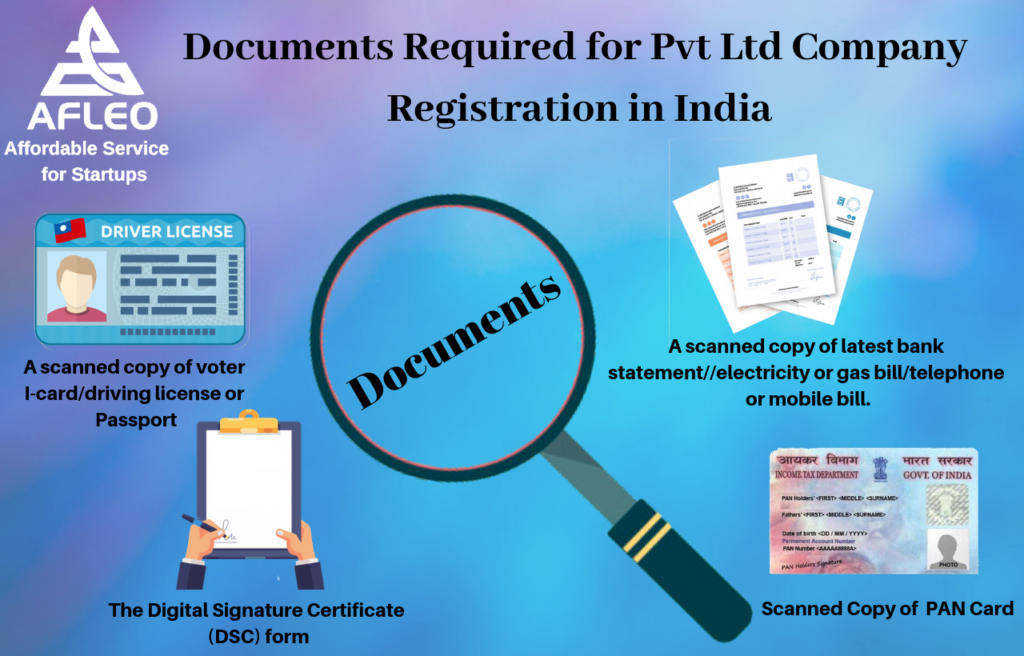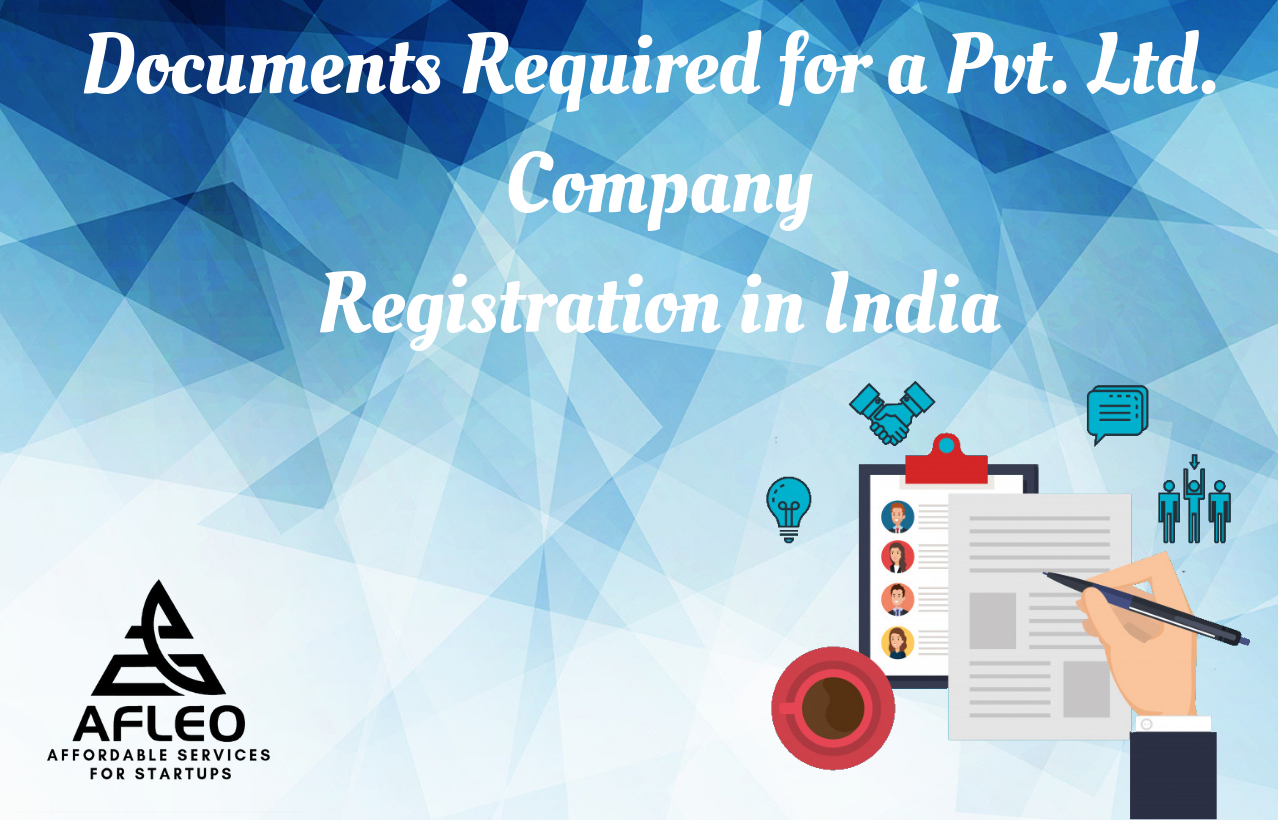India stands as the second most populated country in the world with 1.35 billion population. India, is a country where every day a new company is formed, and an existing one is shut down. Here, people think that a company’s formation is dependent on the availability of a Business Idea, Capital, Space and Manpower. But does a company’s formation depends only on the availability of the above mentioned four ingredients or something else is required to make its formation a complete in all aspects?
Yes, any company’s formation is incomplete if it is not registered as per the Companies Act (2013), which not only gives a company a ‘Legal Identity’ of its own in the eyes of the law but also provides various other benefits which an unregistered company cannot avail.
[Startup India Programme is an initiative by the Government of India with an aim to promote entrepreneurship. Read our article on “All about Startup India programme launched by the Government of India“]
Benefits of Registered Private Limited Company
Now you must be wondering what are the benefits of Private Limited Company registration in comparison to a non-registered company, where minimal or no paperwork and money is involved. Here are the most crucial benefits a registered company gets over non-registered ones:
- An incorporated/registered company under the law is a ‘distinct entity’, i.e., it has an identity of its own which is distinct from its owners. They have their own Memorandum of Association (MoA) which defines a relationship between the company and its members and Articles of Association (AoA) which defines the purpose and operation of the company; whereas such separate identity is not provided to a non-registered company.
- A registered company can enter into contracts, incur liability/debts, hold assets, can sue and be sued all in its own name as an individual, is responsible for all its activities solely; but an unregistered company cannot do anything in its own name because it is not a distinct entity. It can only enter into contracts, incur liabilities/debts, hold assets only in the name of the authorized person or member of the company.
- The liability of the members of a registered company is limited. However, in the case of an unregistered company the liability of its members is unlimited where their personal property can be attached to pay off the business debts/liabilities.
- A registered company has ‘perpetual succession,’ i.e., it goes on even after the death/insanity/bankruptcy or exit of its members from the business; but an unregistered company’s existence is affected in case of death/exit or insanity of its members.
- Shares of a registered company are freely transferable unless there is any express restriction as mentioned in its AoA, but shares of an unregistered company can be transferred only with the unanimous consent of all its members.
In India, there are about 17.79 lakhs registered companies with Registrar of Companies (RoC) under Companies Act, 1956 and Companies Act, 2013. Private Company Registration is done from respective regional RoC offices. To register a private limited company, all one need to do is register the directors with Ministry of Corporate Affairs (MCA), register the name of the company and submit the documents required for company incorporation like MoA and AoA. Upon registration, the company is provided with a 21-character Unique CIN (Corporate Identity Number), which also describes the Company’s Activity, Status and Registration. So, now let us understand in-depth the complete set of documents required for registration of a Private Limited Company.
Primary Requirements for a Pvt Ltd Company Registration
Number of Directors
Formation of a Private Limited Company requires a minimum of 2 directors and maximum 15 directors, of which at least one must be a resident of India.
Minimum Capital Contribution
Private limited companies must have two rupees of authorized share capital and two rupees of Paid-Up share capital.
Registered Office
It is not compulsory to have a commercial space as the registered office of a company. A rented home can be the registered office too, as long as a No Objection Certificate (NOC) is obtained from the landlord.
Documents Required for Pvt Ltd Company Registration

Documents to be submitted by Shareholders & Directors (Indian Nationals)
1.) Scanned Copy of PAN Card (mandatory)
2.) A scanned copy of Voter I-card/Driving License or Passport
3.) A scanned copy of latest Bank Statement/Electricity or Gas bill/Telephone or Mobile Bill
4.) Their E-Mail ID and Contact Number(s)
5.) The Digital Signature Certificate (DSC) form.
[PAN Card is one of the most important documents of an Indian Citizen which is required for the company registration process and other legal procedures. Read our article on “How to Apply for PAN Card Online | Get E-PAN Card within Minutes”]
Note: The first 3 above stated documents must be self-attested by the applicant.
Documents to be submitted by Shareholders & Directors (NRIs & Foreign Nationals)
1.) Scanned copy of PAN Card
2.) A scanned copy of Voter I-card/Driving License or Passport (mandatory)
3.) Scanned copy of latest bank statement/telephone or mobile bill/electricity or gas bill
4.) Their E-mail ID and Contact Number(s)
5.) The Digital Signature Certificate (DSC) form.
Note: All the above documents must be notarized (if currently in a non-Commonwealth country) or must be apostilled by an Indian Embassy (if in a Commonwealth country).
[Digital Signature Certificate (DSC) ensures the authenticity of electronic documents exchanged between two parties. Read our article on What is a Digital Signature Certificate and How to get a DSC?]
Office Address Proof
-
If Rented
- Scanned copy of Notarized Lease Deed/Rent Agreement in English
- Scanned copy of electricity bill
- Scanned copy of No Objection Certificate (NOC) from the property owner
- Scanned copy of Rental Receipts.
-
If Self-Owned
- Scanned copy of property papers
- Scanned copy of property tax receipts, water/electricity or any utility bill
- Scanned copy of Property Deed/Sale Deed in English
- Scanned copy of No Objection Certificate (NOC) from the property owner(s).
Now after reading this article, I am sure all your doubts related to the documents required for registration of company are solved, and there is no more room for any kind of confusion. To apply for Private Limited Company Registration feel free to approach our experts by filling the form given below or click here.

